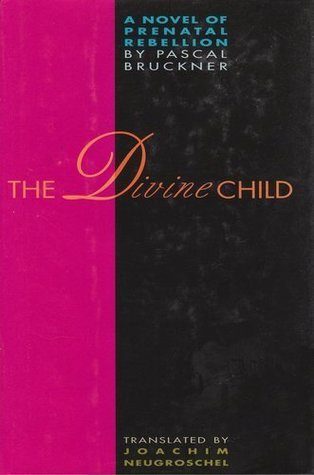
The Elementary Particles
Book Description
Two estranged half-brothers navigate a world marred by isolation and despair, their lives intersecting in haunting ways that blur the lines between desire and despair. As they grapple with their personal demons—one a jaded intellectual, the other a reclusive misfit—their haunting journeys expose the raw, aching loneliness of modern existence. In a society spiraling into chaos, their paths reveal unsettling truths about love, meaning, and the invisible barriers that keep humanity apart. Can connection triumph in a world so desperately fractured, or are they doomed to remain mere shadows of each other?
Quick Book Summary
"The Elementary Particles" by Michel Houellebecq is a provocative exploration of contemporary alienation and the search for meaning in a secular, consumerist society. The novel follows two half-brothers, Michel and Bruno, whose contrasting personalities offer a dual lens on modern malaise. Michel, a passionless molecular biologist, retreats into the sterile world of science, seeking refuge from human emotion and connection. Bruno, a sex-obsessed literature teacher, yearns desperately for love and acceptance, yet is thwarted by his own compulsions and the atomized nature of late-20th-century French society. As their lives unfold in parallel, Houellebecq dissects themes of sexuality, existential dread, spiritual emptiness, and the legacy of the 1960s sexual revolution. The brothers’ stories become a microcosm of broader societal malaise, ultimately examining whether true connection—or even hope—is possible in a fragmented world.
Summary of Key Ideas
Table of Contents
Alienation and Fragmentation in Modern Life
Michel and Bruno, half-brothers raised separately after their parents’ abandonment, experience life through starkly divergent perspectives. Michel is emotionally detached, preferring the solitude of scientific research over personal relationships; Bruno, by contrast, is consumed by sexual frustration and an unfulfilled longing for intimacy. Their respective childhood traumas and formative experiences prime them for lives marked by isolation, amplifying the central theme of alienation in modern society.
The Search for Meaning Beyond Materialism
The book interrogates how consumerist culture and the aftershocks of 1960s liberation have, paradoxically, bred a sense of emptiness. Bruno’s pursuit of fleeting pleasure through sex is mirrored by a pervasive societal obsession with gratification. However, these pursuits rarely yield genuine satisfaction or belonging—exposing deep emotional and existential voids. The brothers embody the hollowness at the heart of an era that privileges desire over depth.
The Legacy of the Sexual Revolution
Houellebecq explores science as both an escape and a potential route to transcendence. Michel’s immersion in molecular biology suggests a faith in progress and rationality as substitutes for meaning. The speculative twist towards the end, when Michel’s research points to a post-human future through cloning, raises questions about reshaping humanity to overcome its inherent loneliness and suffering.
The Nature of Love and Human Connection
Love, in the novel, is depicted as intensely fraught but always just out of reach. Both Michel and Bruno struggle to forge lasting connections—whether due to psychological scarring, societal pressures, or the nature of desire itself. Relationships are transient, vulnerable to betrayal, and rarely offer genuine healing. Houellebecq charts the difficulty of love in a world that seems intrinsically hostile to intimacy.
Science as Salvation or Escape
In its unflinching depiction of despair, “The Elementary Particles” also posits the possibility of radical change, albeit couched in bleak terms. Michel’s vision of a genetically engineered humanity hints at an escape from suffering, but it also implies erasure of individuality and emotional depth. The closing of the novel thus leaves readers confronting the paradox: can true connection be achieved through transformation, or is human isolation an inescapable part of existence?
Download This Summary
Get a free PDF of this summary instantly — no email required.





